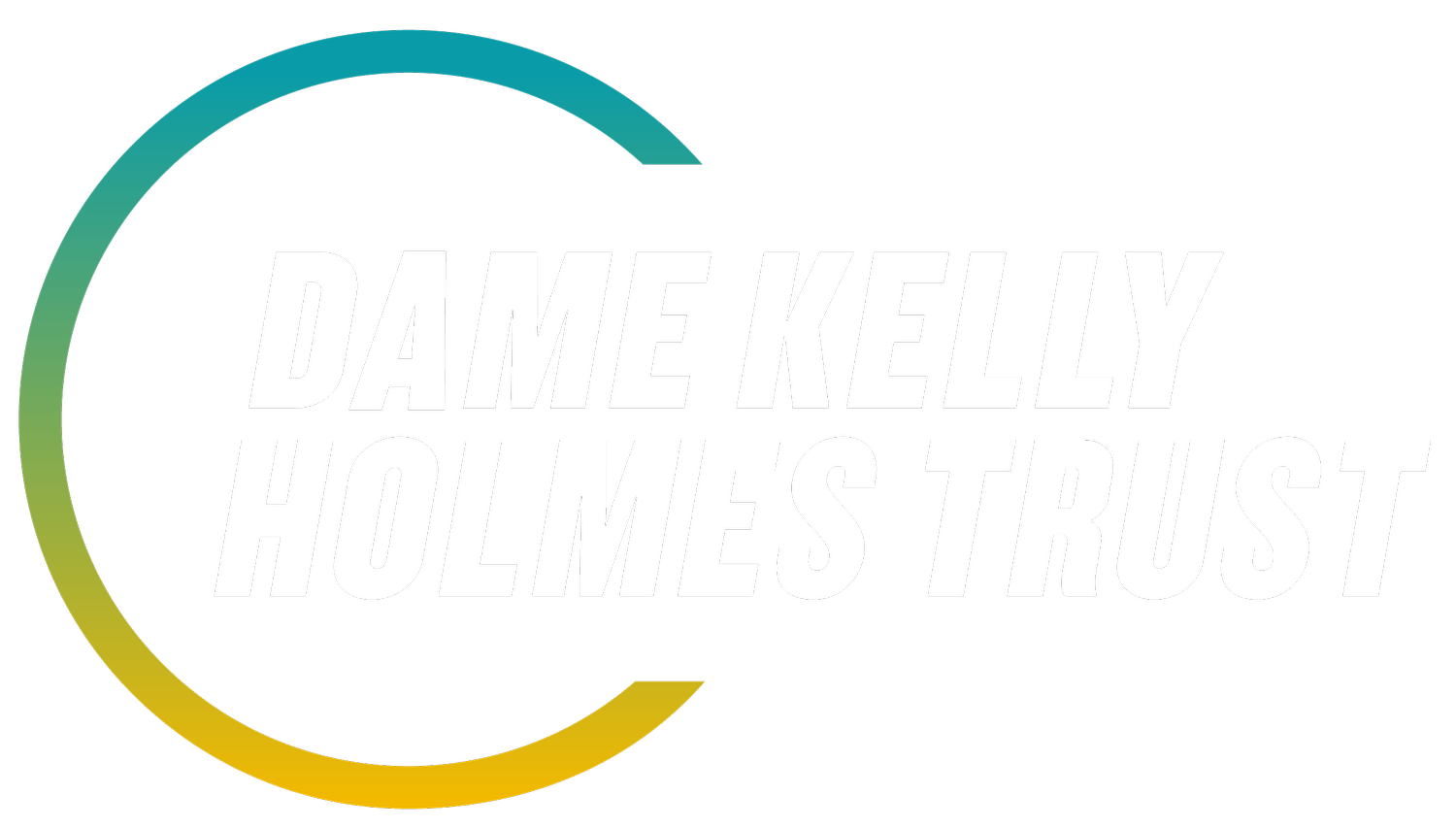Get on Track
for Wellbeing
As the latest Sport England Active Lives report notes the hopeful start to a recovery in levels of physical activity, we reflect back on our most recent Sport England funded project’s successes and learnings. Delivered during one of the most challenging times in modern history, the Get on Track for Wellbeing programme focused on tackling inequalities and barriers experienced by young people in coastal communities facing some of the worst economic and social deprivation around the UK. The video above demonstrates the impact of the whole programme.
Starting in 2019 in Folkestone, the programme made it possible for young people to become more physically active and highlighted the positive link between physical and mental wellbeing. The partnership went on to deliver 36 programmes in the following coastal communities across England to over 700 young people who were previously inactive:
Hull
Scarborough
Grimsby
Southport
Liverpool
Torbay
Folkestone
Dover
All Trust programmes are delivered by existing and former world class athletes, who we train up to use their unique experience from the world of elite sport to give young people a starting block in life that they may not otherwise have.
We believe athletes are inspirational role models and mentors. It is widely recognised that sport requires a high degree of discipline, responsibility and perseverance. Athletes have proven leadership qualities, positive mind-set, communications skills, achievement of goals and resilience when dealing with the highs and lows of competitive sport and life. Experience has shown us that when young people are given the opportunity to work with world class athletes, they are able to adopt a more active mentality, leading to improvements in both physical and mental wellbeing.
In spite of the pandemic and a backdrop of national lock downs and restrictions on access to sport and physical activity provision, over three years the programme delivered the following encouraging results:
An increase in those achieving 30 mins or more activity from 54% at the start, to 73% at the end of the programme through the offering of a safe space in which to try new activities and a focus on forming positive habits. The increase in females was even greater, from 48% - 72%, narrowing the gap in a harder to reach group.
Average wellbeing scores* amongst participants increased by 8%, with an increase amongst female participants of 11%.
An increase in confidence to move into education, employment or training from 58% at the start, to 70% at the end of the programme.
The pandemic has only highlighted and increased existing inequalities, and our priority when lockdown started in March 2020 was to ensure we continued to support to these young people who needed it more than ever. Through the use of Zoom, social media and one to one calls we stayed engaged and enabled them to remain physically active and focus on their mental wellbeing through the most trying of circumstances. Also, technology, and the situation, opened new doors to allowing young people, who were previously restricted by geography, to take part in the programme amongst groups with shared goals. This offered the motivation and opportunity they needed to become more active.
Although the recent Sport England Active Lives survey results are encouraging for overall physical activity levels, the figures do highlight an ongoing decline amongst young people, as well as the continued existence of inequality in access to sport and physical activity for a number of groups including women, those from ethnically diverse communities, those living in more deprived areas, disabled people and people with long-term health conditions. We remain committed to our belief that all young people should have the opportunity to be the best version of themselves and are keen to build on the success of this programme, deliver more, and support more young people in areas of deprivation across the country to become more physically active.
“
We are really proud to have delivered this programme in partnership with Sport England and we would love to continue to support young people through Uniting the Movement. ”
Col. Dame Kelly Holmes
* Wellbeing measured using the Short Warwick-Edinburgh Mental Wellbeing Scale (SWEMWS)
Thanks to funding from Sport England, the Trust worked with more than 700 young people in coastal communities all across England to help them become more physically active and increase their wellbeing.



